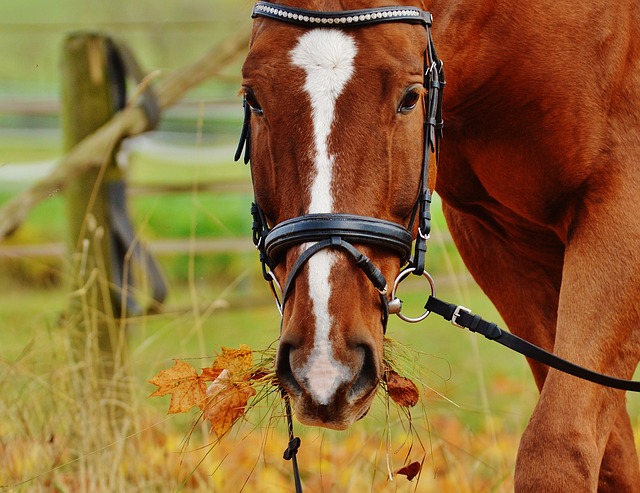Equine Veterinarians Australia (EVA) says the latest Hendra case near Casino reveals unusual signs and aspects of the disease.
EVA spokesperson, Dr Ben Poole, said that this latest case in north eastern NSW makes dealing with Hendra even more complicated and concerning.

“The facts of the case would suggest the horse may have initially received a low infectious dose of the virus that eventually led to the horse succumbing to the disease, after an unusually protracted illness.
“What’s different about this case is that the horse initially tested negative for Hendra virus after losing weight for two weeks and presenting with a sore mouth. It was given medication and the horse started recuperating while in quarantine on the farm. A week later the horse deteriorated rapidly and died a few days later. A nasal swab taken from the carcass a week after the horse died returned a positive test for Hendra virus. Further testing of tissue samples indicated that the horse had mounted an immune response to the virus,” he said.
Dr Poole said this demonstrates the difficulty of making an initial diagnosis of Hendra virus infection, and highlights the risk that Hendra virus poses to anyone including horse owners, vets and those who come in contact with horses displaying vague signs of illness.
“That’s why vaccination of horses against Hendra Virus is important for managing the risks involved with the disease.
“The summer timing of this case in the Northern Rivers is unusual and is probably due to food shortages and environmental stress on the bats in the area – so it’s really important to be vigilant all year round,” Dr Poole said.
Horse owners should contact their local veterinarian for more information about the Hendra virus vaccination.


3 thoughts on “NSW Hendra virus case unusual: Veterinarians”